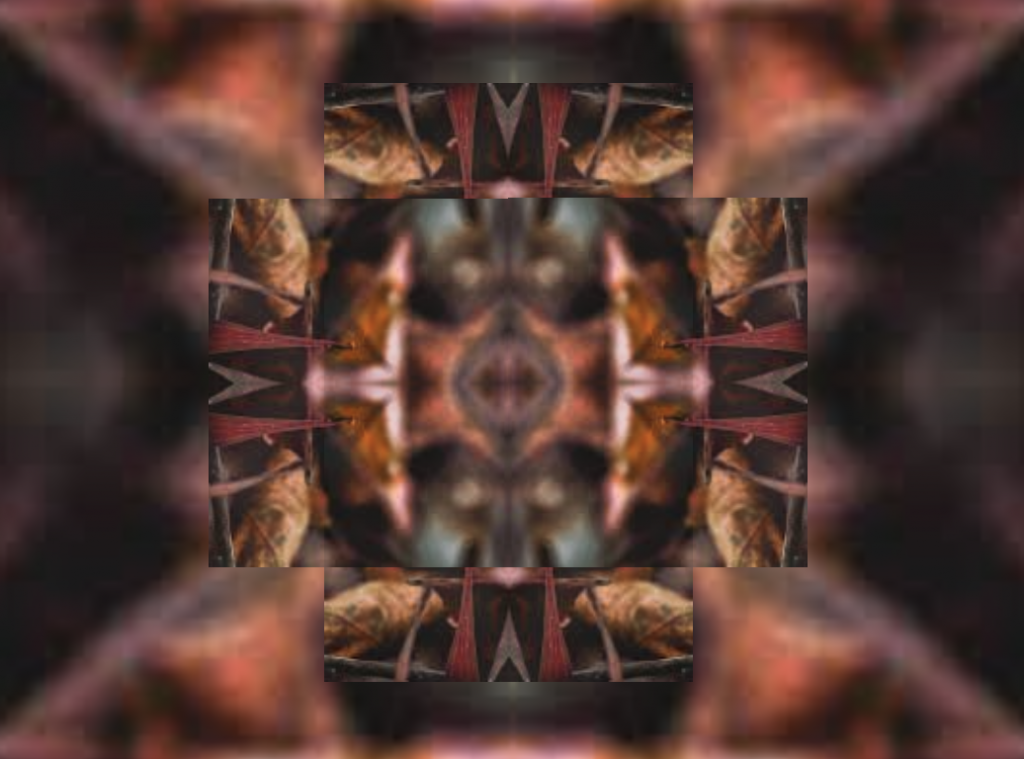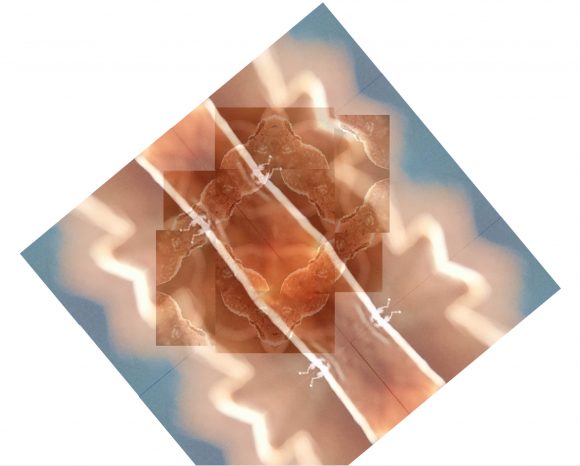[This continues an earlier line of thought.]
2. From the fundamental idea of the unconscious, Jung’s writing normally proceeds in one of two directions: either towards a distinction between personal and collective unconscious (such as in GW IX/I, §§ 1-3 or § 88, both essays that deal with archetypes of the collective unconscious; but also in each of the Two Essays, passim); or else to the question of the relationship between consciousness (the “I”) and whatever else (i.e. unconscious) there is to consider in psychology.
It is the latter direction that is relevant for the individuation progression, of course, and therefore those lines of thought which interest us here typically move there. But note that the distinction between a personal and the collective unconscious must come into play somewhere; at the latest when the idea of the Shadow is about to be introduced, it must be assumed. This poses a problem every time Jung wants to talk about the individuation progression: the most direct line of thought would best run from the idea of an unconscious (generally) to its relationship with consciousness — but the idea of a collective unconscious (in particular) must be inserted somewhere, and once the other, direct line of thought has started, it nowhere fits easily (without a major digression). At some point, you simply have to interrupt the explication, go back to the beginning, or into a sidetrack and then back, just to catch up with an additional, necessary premise. It’s a little as if you were to pick up something from every shop down the main street, and then a single thing from something in a side road: however you arrange your route, there is no elegant way of doing it without an awkward detour.
For our purposes, let’s put the notion of a collective unconscious to one side and first follow the main line of thought. Once the idea of an unconscious in general is accepted, the natural follow-up question is now whether it is outside or inside what we think of as an “individual personality”.

3. Before psychology started paying attention to the unconscious, an individual person was more or less identified with the “I” of waking consciousness: the subject we assume when we self-ascribe mental occurrences. Thus, when you are aware that you are thinking a thought, feeling an emotion, having a memory, perceiving something (e.g. seeing something in front of you), it always appears to you that there is also an “I” who is involved in these episodes.
Unter “Ich” ist jener komplexe Faktor, auf den sich alle Bewußtseinsinhalte beziehen, zu verstehen. Er bildet gewissermaßen das Zentrum des Bewußtseinsfeldes, und insofern dieses die empirische Persönlichkeit umfaßt, ist das Ich das Subjekt aller persönlichen Bewußtseinsakte. (GW IX/I, § 1)
What makes any psychological occurrence conscious, independent of its specific content and character, is that it is experienced by the “I”, that it occurs in some relation to it. Since that criterion holds irrespective of the particular content of the event, it is a formal (in contrast to a material) criterion.
Die Beziehung eines psychischen Inhaltes zum Ich stellt das Kriterium des Bewußtseins desselben dar, denn kein Inhalt ist bewußt, der nicht dem Subjekt vorgestellt wäre. (Ibd.)
There are various other places where Jung sticks to this definition of consciousness (among them those in the Definitions chapter of Psychological Types, GW VI).
Modern philosophy, through roughly three centuries, had put this notion at the core of its theories of knowledge, and Jung inherits it as broadly what consciousness consists in. Where he differs is on the question whether it makes up the whole of a personality. He calls this a prejudice (“das Vorurteil, das Ich sei das Zentrum der Persönlichkeit, oder das Bewußtseinsfeld sei die Psyche überhaupt”; GW IX/II, § 11). And in a way, this is obvious: it is just another way of putting the basic premise we have already encountered, namely, that there is an unconscious portion to an individual’s psychology.
Das Gesamtphänomen der Persönlichkeit fällt offenkundig nicht mit dem Ich, das heißt mit der bewußten Persönlichkeit zusammen […] natürlich nur für eine Psychologie, welche sich mit der Tatsache des Unbewußten auseinandersetzt. (GW IX/I, § 8; my emphasis)
Wenn unbewußte Prozesse überhaupt existieren, gehören sie sicherlich zur Totalität des Individuums, wenn sie auch keine Bestandteile des bewußten Ich bilden. Wären sie ein Teil des Ich, so müßten sie bewußt sein, da alles, was in unmittelbarer Beziehung zum Ich steht, bewußt ist. Bewußtsein ist sogar gleichzusetzen mit der Beziehung zwischen dem Ich und den psychischen Inhalten. (GW IX/I, § 490)
4. As a side note, it is perhaps worth noting that Jung practically never uses the latinized form (the “Ego”), much less in the sense in which it had been popularized later (beginning with the 1960s), where it is a kind of bogeyman archetype opposed to consciousness. For Jung, the terms “I”, “ego”, and “consciousness” all mean the same, and refer to that part of the psyche where a person is aware of mental episodes in which they participate — a mere formal characteristic. And the main point of using that notion is of course to have a way of talking about the unconscious, which in many cases cannot be observed directly, but only in its (typically disruptive) effects on consciousness.
[This line of thought is continued here.]




[…] [This continues an earlier line of thought.] […]